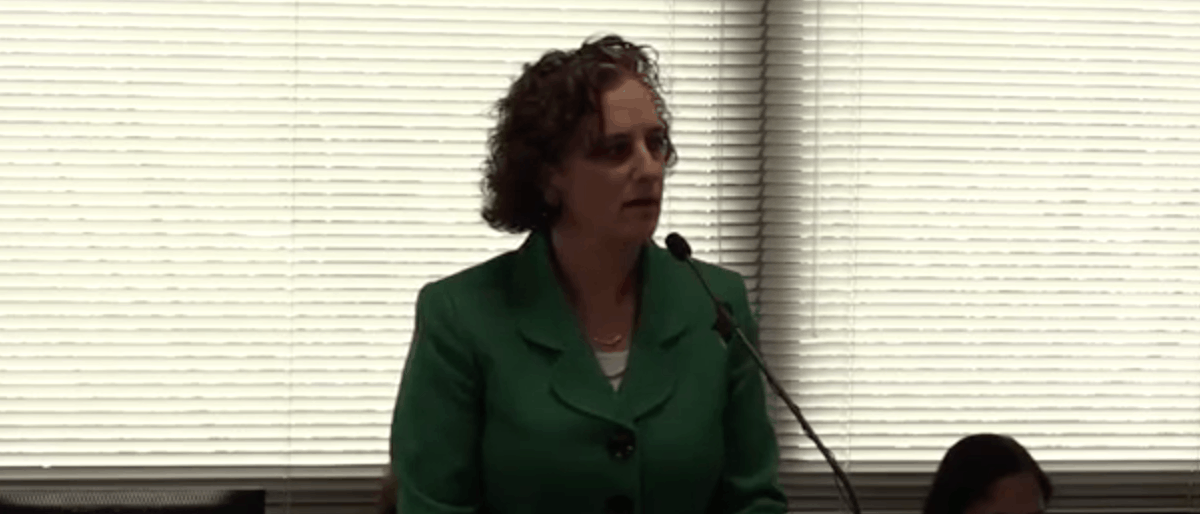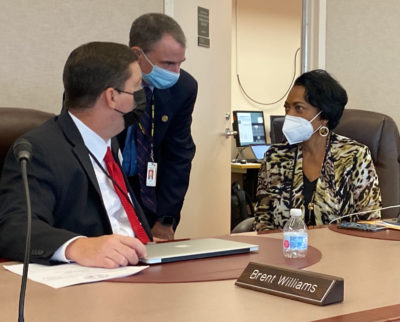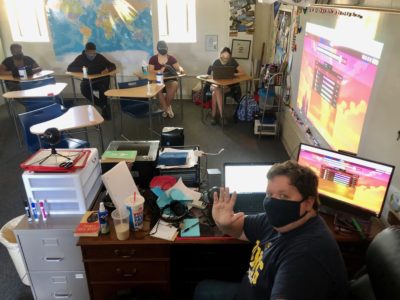
Talk to almost any education expert, and they will likely tell you that one of the most important contributors to the success of students is the principal they have leading the school. And yet, when the General Assembly gets together to talk about educator compensation, inevitably the conversation revolves around teacher pay.
A House Select Committee on Education Strategy and Practices convened on Wednesday and Thursday to discuss educator compensation. The first day — reported by us here — brought together four speakers to talk about their visions for successful teacher pay strategies. While there was some talk of administrator pay, the focus was overwhelmingly on teachers.
Yesterday, the Committee meeting continued. The day began with a review of previous legislative discussions of teacher pay strategies, and an overview of the current teacher and community college faculty pay models in North Carolina. And then, there was a roughly 26 minute presentation by Alexis Schauss, director of the Division of School Business at the state Department of Public Instruction, on principal pay.
She presented some of what we found in our investigations of the topic a year ago. Principals often have to wait years for salary increases from the state because of an outdated principal pay schedule that has changed little over time. Pay freezes by the General Assembly exacerbate these wait times. And in some cases, assistant principals and even principals receive less pay than some of the teachers they oversee.
After Schauss wrapped up her presentation, a group of superintendents addressed the committee. With only a little deviation, they mostly spoke to the issue of teacher pay.
Part of the reason for the focus on teacher pay over administrator pay may have to do with the fact that principals see it as their job to protect teachers. So, when it comes time to debate educator pay, they focus on those under their charge at the expense of themselves.
During the past General Assembly session, there was some talk of addressing how to make sure schools had effective principals. We covered much of what was proposed or discussed in this article. Ultimately, one of the few bills to make it was one championed by Rep. Craig Horn, R-Union, that was eventually funded at a lower rate than originally proposed and rolled into the budget.
Below are links to Schauss’ powerpoint presentation and other documents she provided the committee. Below that is a video of Schauss’s presentation.
NC Public School Salary Schedules 1-28-16
Recommended reading



